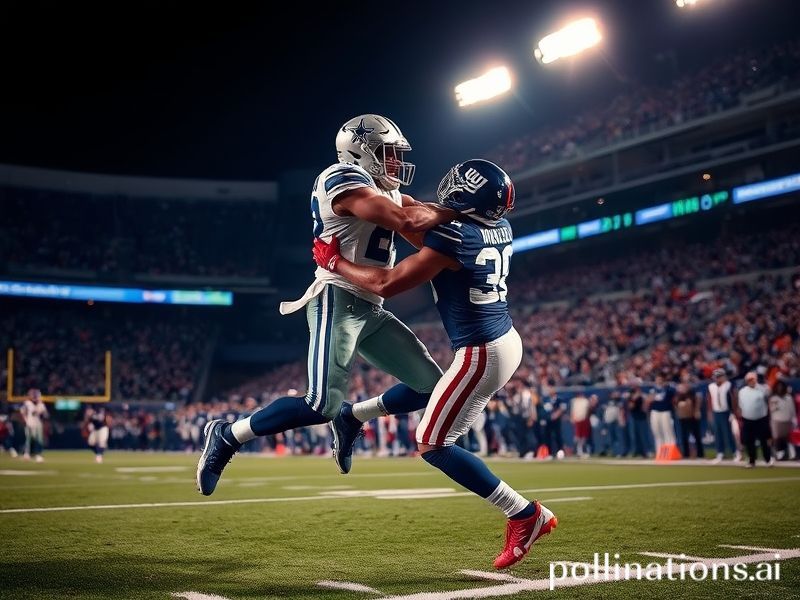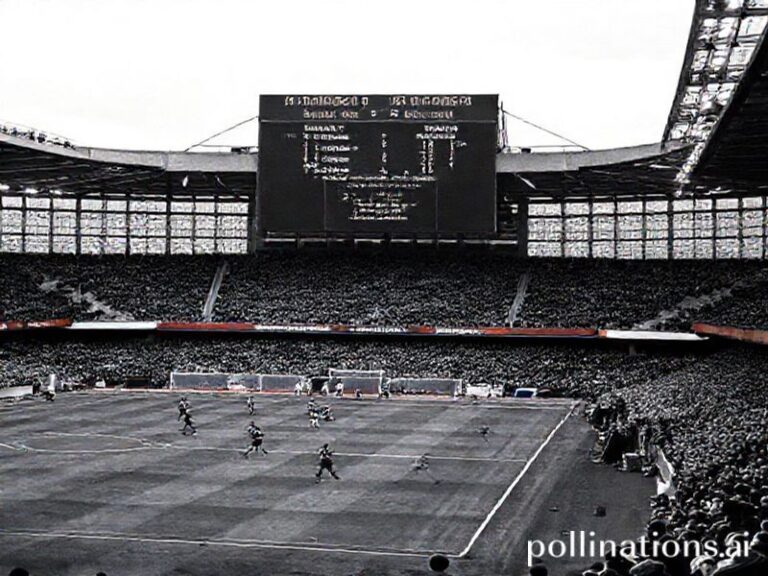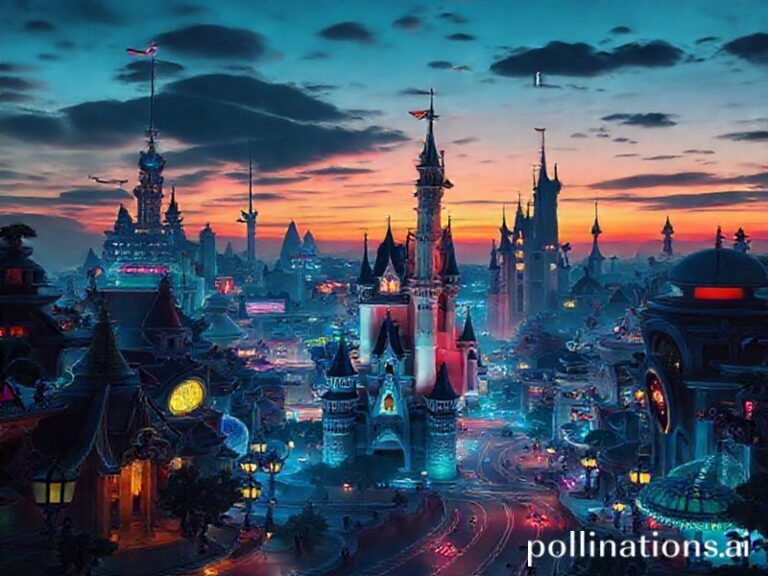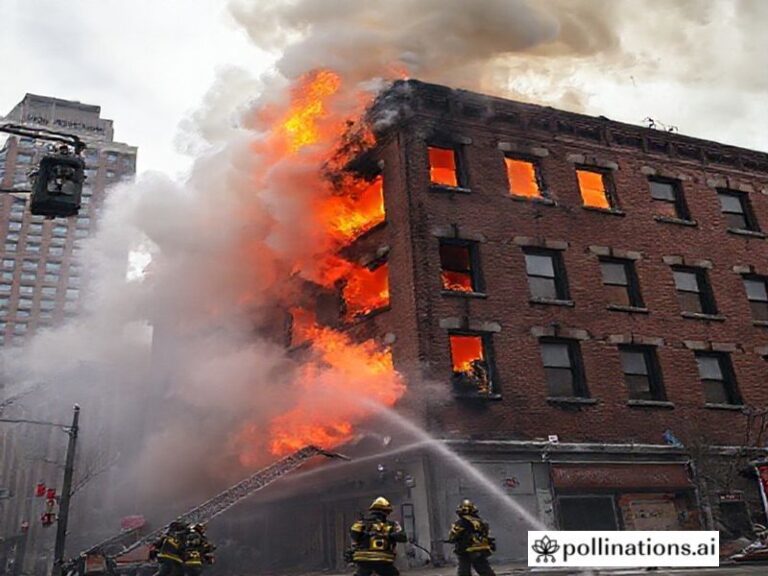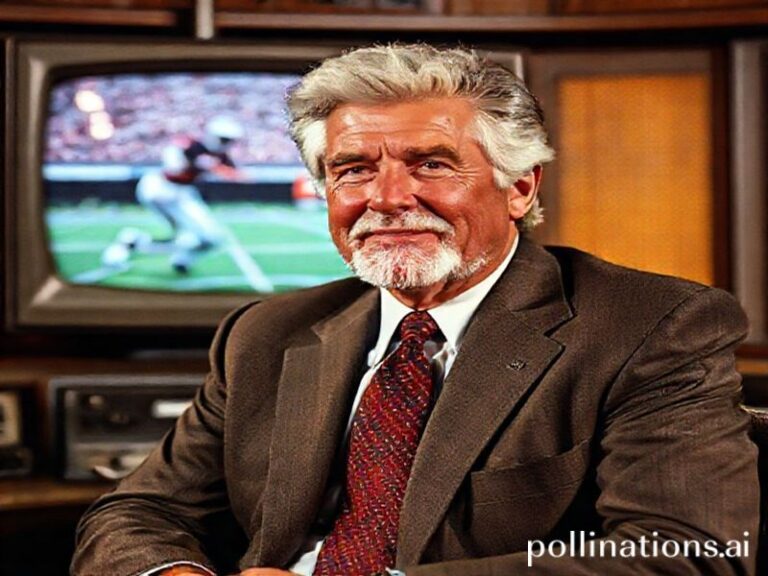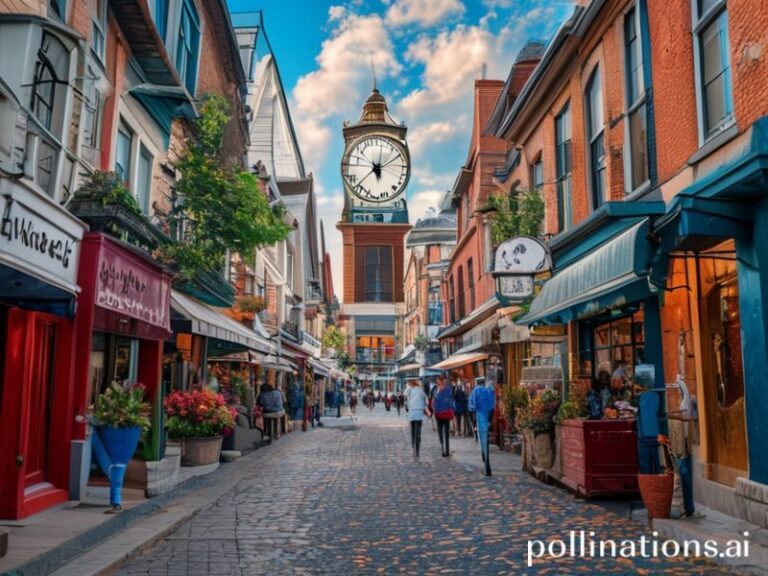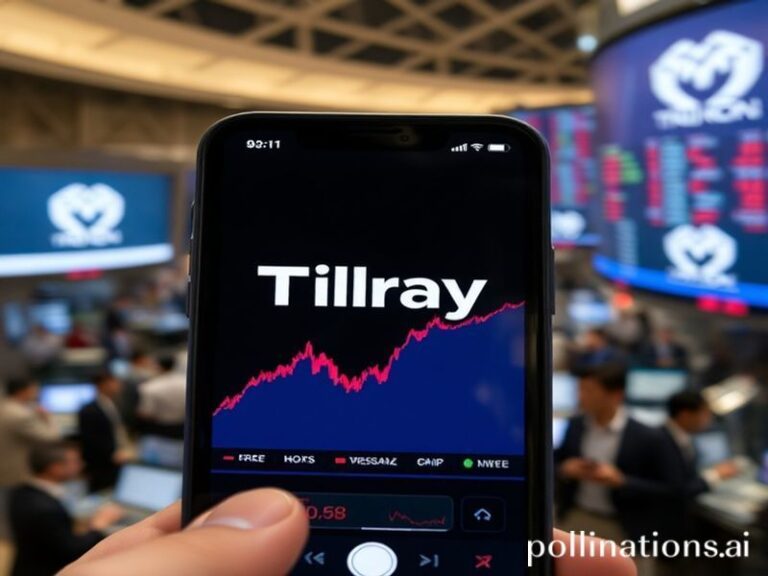Global Showdown: How Cowboys and Giants Became the Planet’s Favorite Metaphor for Everything Wrong (and Right) With Us
Cowboys vs. Giants: A Global Fable Starring Ten-Gallon Egos and Corporate Skyscrapers
by our man in the cheap seats, somewhere above the Atlantic
If you squint from thirty thousand feet, the eternal showdown between Cowboys and Giants looks less like a Monday-night football grudge match and more like the planet’s unofficial operating system. One half of humanity still wants to ride off into a blood-orange sunset on an animal that refuses to be house-trained; the other half keeps stacking glass rectangles into the troposphere until the air itself files a noise complaint. Pick your fighter, Earthlings: spurs or spreadsheets.
The mythic American Cowboy—hat bent just so, moral compass spinning like a casino wheel—has long since been franchised. From Tokyo pop-up bars serving “Rodeo Malt” to Dubai real-estate brochures promising “frontier-style living” next to an indoor ski slope, the Cowboy is now a lifestyle SKU. He is the last known export that can still be marketed as both rugged individualist and reliable supply-chain worker. All hat, no cattle? Perhaps. But the hat alone moves $3.7 billion in annual retail sales, according to a consulting firm whose analysts have never seen a cow that wasn’t pre-wrapped.
Meanwhile, the Giants—those multinational titans of industry whose headquarters blot out the sun in every time zone—have achieved the kind of scale the Old West never imagined. Their elevators move more people in a day than the Pony Express managed in a year, and their legal departments employ more linguists than the United Nations. They are, in effect, Cowboys who traded the horse for a private equity fund: same swagger, shinier spurs, infinitely longer litigation history.
The rest of the planet watches this rerun with the detached amusement of a bartender cutting off regulars who never learn. In Lagos traffic, commuters stream the game on phones held together with masking tape, rooting for the Cowboys because the Giants remind them of the port conglomerate that keeps raising container fees. In Warsaw, ride-share drivers debate whether the Giants’ offensive line is a metaphor for EU bureaucracy (slow, expensive, prone to holding penalties). In Sydney, insomniac teens place micro-bets on the over/under, proving once again that late-stage capitalism is the only sport that never sleeps.
Everywhere, the same punchline: the Cowboy and the Giant need each other more than they’d care to admit. The Cowboy sells the fantasy of freedom; the Giant sells the infrastructure that lets you stream said fantasy in 4K while ignoring the terms-of-service pop-up. One provides the myth, the other the bandwidth—and both charge admission.
Geopolitically, the matchup is a convenient Rorschach test. Beijing sees the Cowboys as the last stubborn holdouts against central planning; Brussels sees the Giants as monopolistic toddlers who discovered antitrust law only yesterday. Moscow pretends to root for the underdog while quietly bankrolling both teams’ stadium naming rights. And somewhere in the International Space Station, astronauts from three rival nations pass the popcorn, grateful that zero gravity keeps the beer from spilling during instant replays.
What the rest of us learn, between commercials for pickup trucks and cloud-computing solutions, is that the real contest isn’t on the field. It’s in the algorithmic auction houses where attention is diced into micro-slivers and sold to the highest bidder wearing either boots or wingtips. Victory is measured not in touchdowns but in data points harvested per viewer per second. The scoreboard is your phone’s battery usage chart; the trophy, a push notification asking you to renew your streaming subscription at a “limited-time” price that lasts indefinitely.
So when the final whistle blows and one set of millionaires hugs another set of millionaires under a confetti cannon built by underpaid laborers on the other side of the planet, remember: we are all, in some sense, both Cowboy and Giant—desperately clinging to freedom while renting our lives by the month. The difference is merely wardrobe-deep. And the wardrobe, naturally, is drop-shipped from a warehouse the size of Luxembourg.
Tip your hat, adjust your ergonomic headset, and keep scrolling. The range is closed, the skyscraper’s lights are on a motion sensor, and somewhere a horse wonders why nobody writes folk songs about server farms. The game continues, sponsored by the same limited-edition credit card, terms and existential dread may apply.

